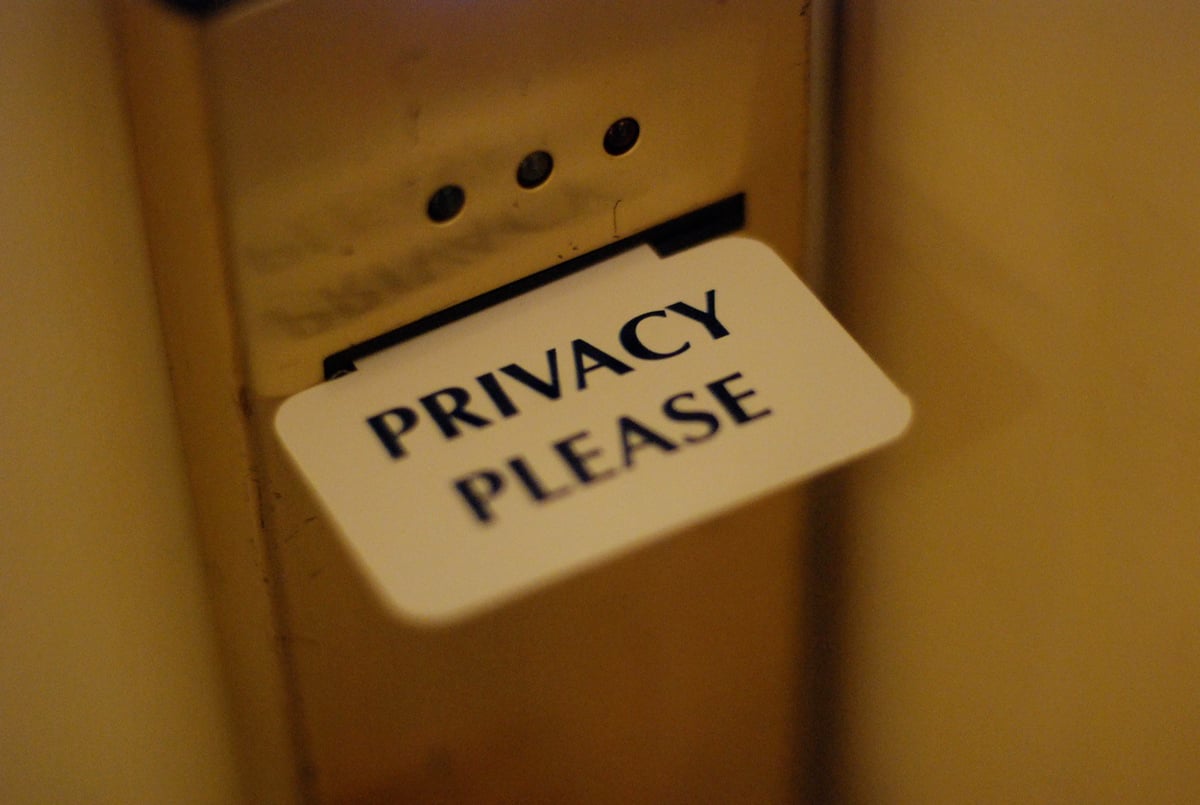“If adopted, these amendments would not simplify compliance but hollow out the GDPR’s and ePrivacy’s core guarantees: purpose limitation, accountability, and independent oversight,” Itxaso Dominguez de Olazabal, from the European Digital Rights group, told EUobserver.
The draft includes adjustments to what is considered “personal data,” a key component of the GDPR and protected by Article 8 of the Charter of Fundamental Rights of the European Union.



This is what ‘do not track’ was for.
https://en.wikipedia.org/wiki/Do_Not_Track
It didn’t work because it was up to the sites to read and respect the flag, which they did not.
do not track was a “pweeease mister serwer uwu”-sorta move. there was no legal basis for it, and there was no technical backing. it would have been simple easy for browsers to just not send stuff that can be tracked (just check the eff panopticon site for how much superfluous stuff is just sent by the browser with every request), but instead the industry opted for the easier “here’s all my stuff just as it was, and a little note that says ‘don’t look’”. do not track was always a joke.